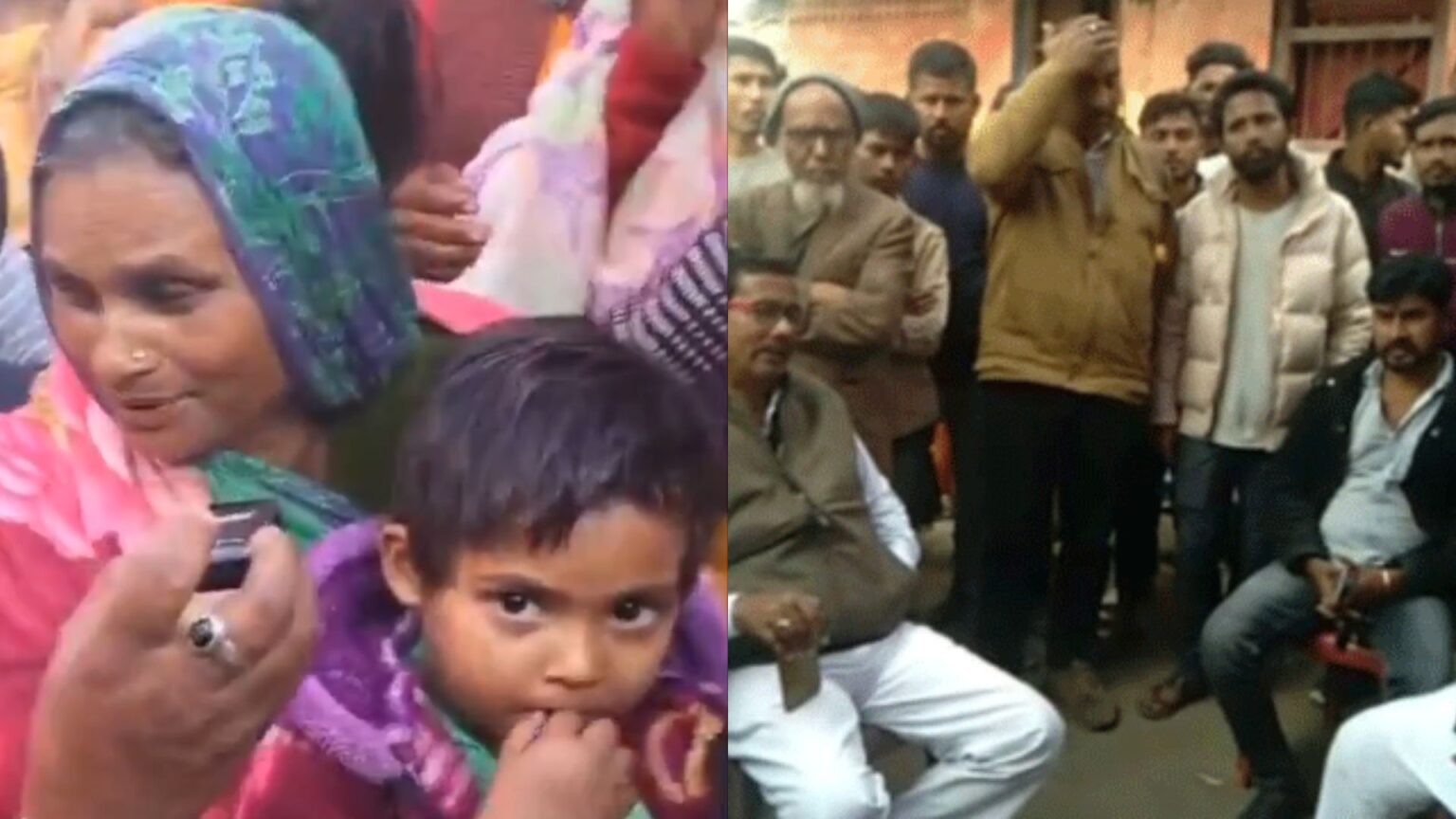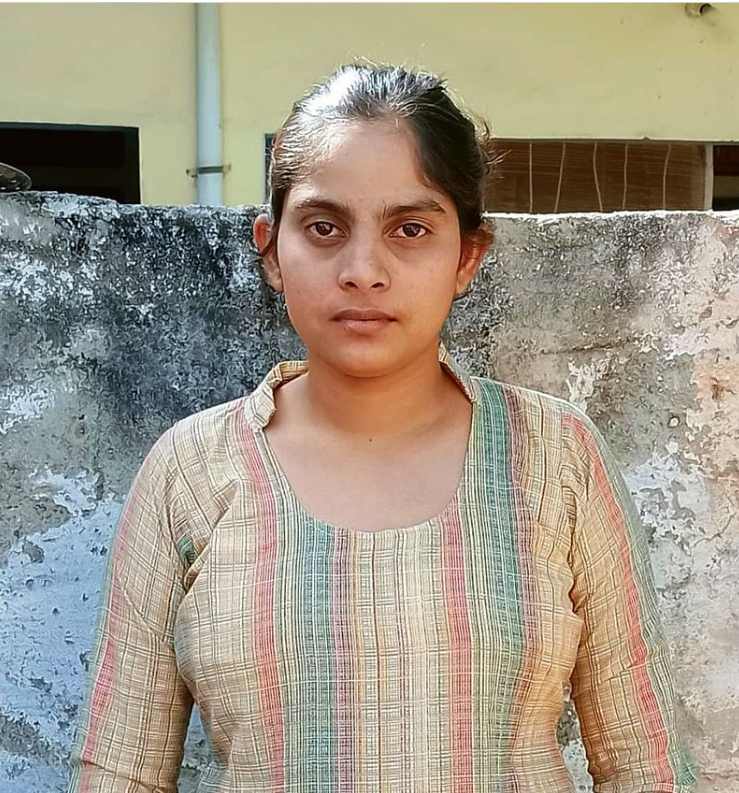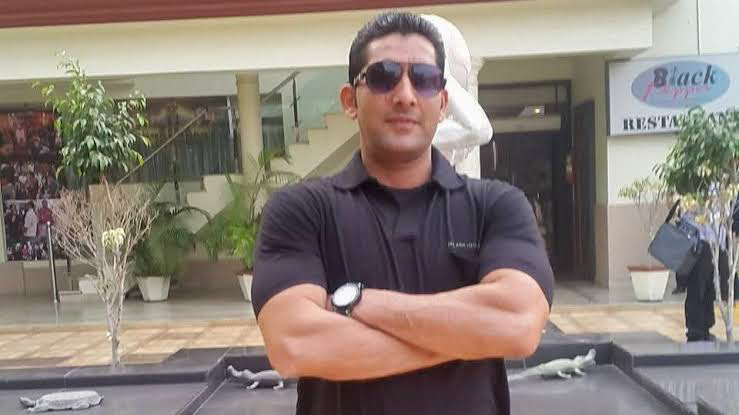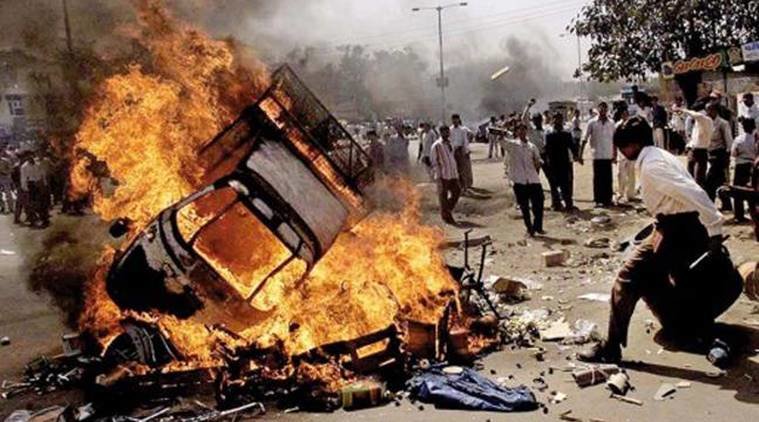I met Raqib Naik, a journalist who had fled his native India, at a coffee shop in suburban Maryland. We sat at the same metal table where he once discussed the prospect of his assassination with FBI agents.
Naik is a Muslim from Jammu and Kashmir, India’s only Muslim-majority state. In August 2019, Prime Minister Narendra Modi revoked the state’s longstanding self-determination rights and temporarily imposed martial law. Indian officials arbitrarily detained thousands of Kashmiris, including many journalists. Through it all, Naik did his best to convey the reality in Kashmir to the outside world — a firsthand account of what was really going on in what’s often termed “the world’s largest democracy.”
On August 15, 10 days after the crackdown in Kashmir began, Naik received the first of three visits from Indian military intelligence officers who interrogated him about his reporting. The harassment forced him underground; he eventually fled to the United States in the summer of 2020.
But Modi wouldn’t let him go that easily.
In September 2020, an Indian military official sent Naik a message saying “i have invited your father for a cup of tea.” In November 2020, a second intelligence officer said he too had contacted Naik’s father, vowing that he and Naik would “meet in person” even though Naik had moved to America. While traveling in another country in June 2022, Naik received an anonymous text message saying “you are being tracked and will be prosecuted.” He flew back to the US as quickly as possible.
Naik has also received a torrent of hateful messages and threats on social media. When Naik met with the FBI to discuss his safety in October 2023, they told him that they were taking the situation very seriously.
This story was originally published in vox.com. Read the full story here.





